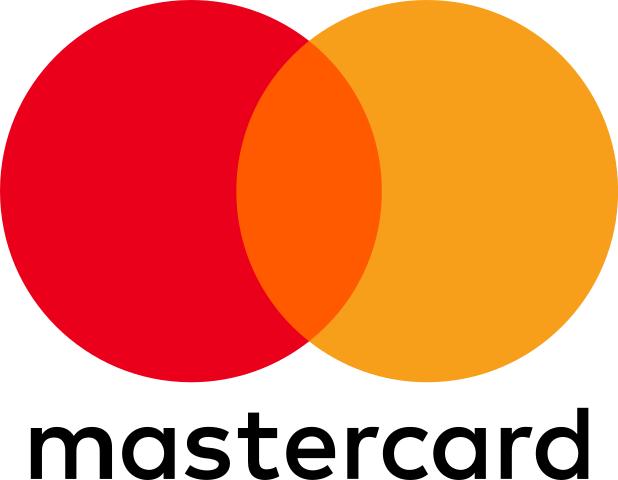- Unemployment rate to reduce in Saudi Arabia, indicating more resilience for jobseekers
- Businesses with an omnichannel presence are likelier to withstand shocks by meeting customers where they want to shop
Riyadh, Saudi Arabia-: The Mastercard Economics Institute released its annual forecast for the coming year, which shows how a new multi-speed global economy will affect growth and consumer spending behavior. The report indicates that some markets will feel the impact of inflation and rising interest rates more keenly.
On the flip side, unemployment rates are projected to decline in several countries, including Saudi Arabia (KSA) and the UAE, signaling more resilience for jobseekers.
‘Economic Outlook 2023’ draws on a multitude of public and proprietary data sets, as well as models that are intended to estimate economic activity across the Eastern Europe, Middle East and Africa (EEMEA) region.
The report explores four themes that will continue to shape the global economic environment — high interest rates and housing, trading down and shopping, prices and preferences, and shocks and omnichannel.
Key findings:
- After years of a housing boom, higher interest rates are poised to squeeze cost-of-living budgets, shifting the way consumers spend broadly. In major developed countries, the outlook anticipates housing-related spending as a share of goods to fall an estimated 4.5%[1] over the course of 2023, below pre-pandemic levels.
- In KSA, housing-related spend remained at the same level (10.9%) in 2022 as in 2019.
- This was also the case in most other EEMEA markets, such as the UAE with 5.9%.
- Broad spending should maintain resilience in the face of inflation, with consumers choosing wallet-friendly brands and chasing the best value. Globally, grocery shoppers made 31% more trips to the store this year compared to 2019 – partially to reduce food waste – while their average spend per visit was roughly 9% lower[2].
- As of September 2022, consumers in the UAE increased their grocery shopping trips by 28% compared to September 2019 but spent 21.4% less per visit.
- Restaurant spending frequency in the country was nearly 30% higher in September 2022 than in September 2019, while the average ticket size was nearly 20% lower as even higher-income consumers reined in excess.
- As food and energy costs eat up a greater share of the consumer budget, lower-income households will feel an especially strong pinch. From 2019 to 2022, discretionary spending[3] by high-income households grew nearly twice as fast as for lower-income households. However, much of this gap will diminish with the normalization in inflation. The Mastercard Economics Institute expects inflationary pressure to ease next year, with the average inflation rate of developed economies falling from 7.1% YOY in Q4 2022 to 3.1% YOY in Q4 2023.[4]
- Many markets in the Middle East and Africa show a larger gap between affluent and non-affluent households in 2019 vs 2022 discretionary spending, e.g., Morocco with 71% and Jordan with 60%.
- Businesses with an omnichannel presence are likelier to withstand shocks by meeting customers where they want to shop. The analysis suggests that having a multichannel presence provided a six-percentage-point lift in retail sector sales through 2022[5]. Small and large restaurants were saved from losing an additional 31% of sales during the height of lockdowns with their omnichannel presence.[6] Similarly, small omnichannel clothing stores outperformed online-only and brick-and-mortar-only firms, growing 10% and 26% faster, respectively.[7]
[1] Mastercard Economics Institute estimates. Based on an analysis of aggregated & anonymized Mastercard switched volumes (nominal US dollars unadjusted for FX) and national accounts data from various national statistics agencies.
[2] Across a 15-country sample, based on an analysis of aggregated & anonymized Mastercard switched volumes (nominal local currency) through September 2022.
[3] Discretionary spending, as defined by the Mastercard Economics Institute, refers to categories of consumption where consumers typically shop for non-essential goods and services, e.g., apparel, jewelry, interior furnishings, electronics and events. Non-discretionary spending includes essential categories of consumption, such as food and fuel.
[4] Mastercard Economics Institute estimates of average global inflation.
[5] Based on an analysis of aggregated & anonymized Mastercard switched volumes (nominal local currency) through September 2022. Classification of SMB vs. large-sized firms based on a classification model proprietary to the Mastercard Economics Institute.
[6] Across a 12-country sample, based on an analysis of aggregated & anonymized Mastercard switched volumes (nominal local currency) through September 2022 using a fixed panel of active merchants to reduce bias in measurement.
[7] Based on an analysis of aggregated & anonymized Mastercard switched volumes (nominal local currency) through September 2022. Classification of SMB vs. large-sized firms based on a classification model proprietary to the Mastercard Economics Institute.





